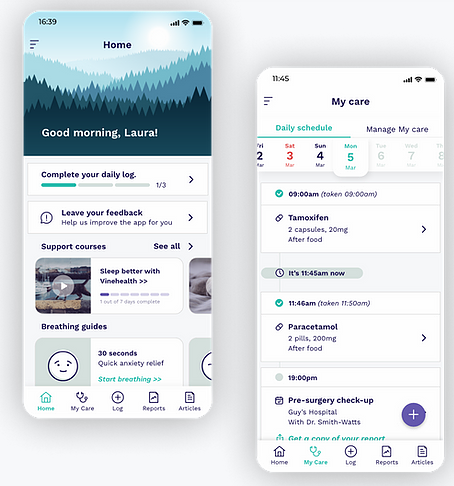Re. Restoring Cancer Services (posted 18/1/2021). This may be of interest – from the British Journal Of Cancer 19th Jan 2021 – Don
Diagnostic Performance of a faecal immunochemical test for patients with low-risk symptoms of colorectal cancer in primary care: an evaluation in the South West of England.
Background: The faecal immunochemical test (FIT) was introduced to triage patients with low-risk symptoms of possible colorectal cancer in English primary care in 2017, underpinned by little primary care evidence.
Methods: All healthcare providers in the South West of England (population 4 million) participated in this evaluation. 3890 patients aged ≥50 years presenting in primary care with low-risk symptoms of colorectal cancer had a FIT from 01/06/2018 to 31/12/2018. A threshold of 10 μg Hb/g faeces defined a positive test.
Results: Six hundred and eighteen (15.9%) patients tested positive; 458 (74.1%) had an urgent referral to specialist lower gastrointestinal (GI) services within three months. Forty-three were diagnosed with colorectal cancer within 12 months. 3272 tested negative; 324 (9.9%) had an urgent referral within three months. Eight were diagnosed with colorectal cancer within 12 months. Positive predictive value was 7.0% (95% CI 5.1–9.3%). Negative predictive value was 99.8% (CI 99.5–99.9%). Sensitivity was 84.3% (CI 71.4–93.0%), specificity 85.0% (CI 83.8–86.1%). The area under the ROC curve was 0.92 (CI 0.86–0.96). A threshold of 37 μg Hb/g faeces would identify patients with an individual 3% risk of cancer.
Conclusions: FIT performs exceptionally well to triage patients with low-risk symptoms of colorectal cancer in primary care; a higher threshold may be appropriate in the wake of the COVID-19 crisis
Click here for the full article
Ed – Thanks to Don for sending this in.



